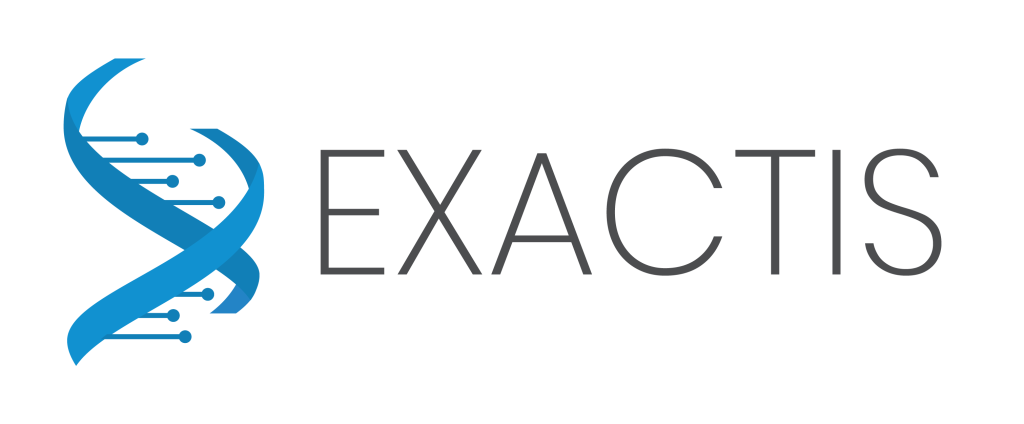BLOG > What’s With RWE – Dr. Shirin Enger
29 August 2024
How AI is Shaping the Future of Healthcare: A Deep Dive with Dr. Shirin Enger
Dr. Shirin Enger is a medical physicist at McGill University who’s making waves at the intersection of artificial intelligence (AI), data, and healthcare. Her work focuses on developing AI models that promise to revolutionize patient care. Let’s dive into the highlights of our conversation and explore how AI is driving the future of healthcare.
AI in Healthcare: Opportunities and Risks
AI has the potential to radically transform healthcare. Dr. Enger paints a picture of a future where AI helps automate tedious tasks, reduces waiting times for treatments, and enables more accurate diagnoses. In Canada, where healthcare systems often struggle with staffing shortages and long wait times, AI can act as a powerful tool to improve efficiency.
However, Dr. Enger also highlights a critical risk: AI models are only as good as the data they’re built on. If the data isn’t representative of the broader population, we could end up with biased AI systems.
Why Data Diversity Matters
One of the biggest challenges facing the use of AI in healthcare is the lack of diverse, large-scale datasets. In Canada, many hospitals and research institutions operate in silos, using local data to train AI models. This creates models that are only relevant to a small subset of the population, limiting their broader applicability.
Dr. Enger shared an example from her work in oncology, where AI models trained on adult populations failed to work effectively for pediatric patients. The team had to develop in-house models specifically trained on pediatric data to ensure accurate results. This underscores the need for data that includes all demographics—children, adults, people from different socioeconomic backgrounds, and various genetic pools.
As a result, Dr. Enger’s vision is for a pan-Canadian dataset—a national initiative to bring together data from across the country. Such a dataset of comprehensive real-world data (RWD) would provide AI systems with the diversity they need to create better, more inclusive healthcare solutions. This would ensure that AI models are trained using RWD from patients of all ages, genders, socioeconomic backgrounds, and genetic pools, so that the models are truly effective for everyone.
Personalized Treatment: AI’s Most Exciting Promise
One of the most exciting applications of AI in healthcare is the potential for personalized treatment. Right now, many cancer patients receive treatments based on general protocols—one-size-fits-all approaches that don’t account for individual differences. But with AI, we can develop treatment plans tailored to each patient’s unique needs.
One of Dr. Enger’s research themes is focused on using AI to analyze data from multiple sources, including biopsy slides, radiology images, genomic information, and clinical records. By integrating all of this information, AI can predict not only the effectiveness of treatments but also potential side effects or toxicities, allowing for a truly personalized treatment plan. It’s the kind of innovation that could change the way we treat cancer—and beyond.
The Path Forward: Collaboration Is Key
Dr. Anger emphasizes that to make AI in healthcare a reality, collaboration is essential. Researchers, hospitals, and industry need to work together to create an ecosystem where data can be shared and models can be validated across institutions. She also points out the importance of patient consent in this process. Patients overwhelmingly want their experiences to contribute to future advancements in healthcare, and securing their consent to use their data is a critical piece of the puzzle.
Canada has already made significant investments in AI infrastructure, but Dr. Anger believes that more focus should be placed on building the data-sharing infrastructure within hospitals. By investing in systems that allow for easy data extraction and anonymization, Canada could position itself as a leader in AI-driven healthcare innovation.
Why This Matters
The future of healthcare isn’t just about more advanced technology—it’s about using that technology to solve real-world problems. Dr. Anger’s work is helping to shape a healthcare system that is more efficient, more personalized, and more equitable. AI is a tool, but it’s one that needs the right data and collaboration to reach its full potential.
